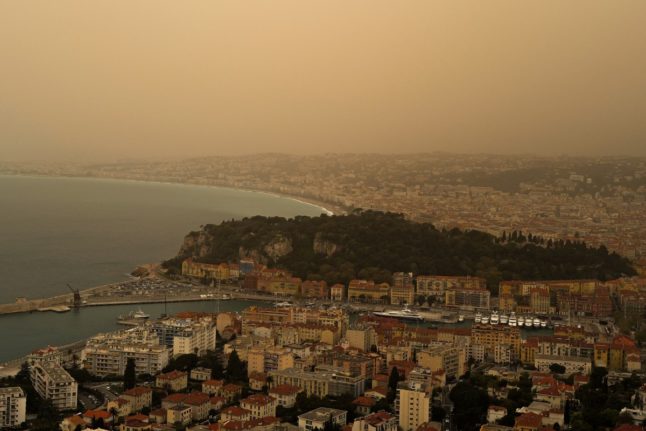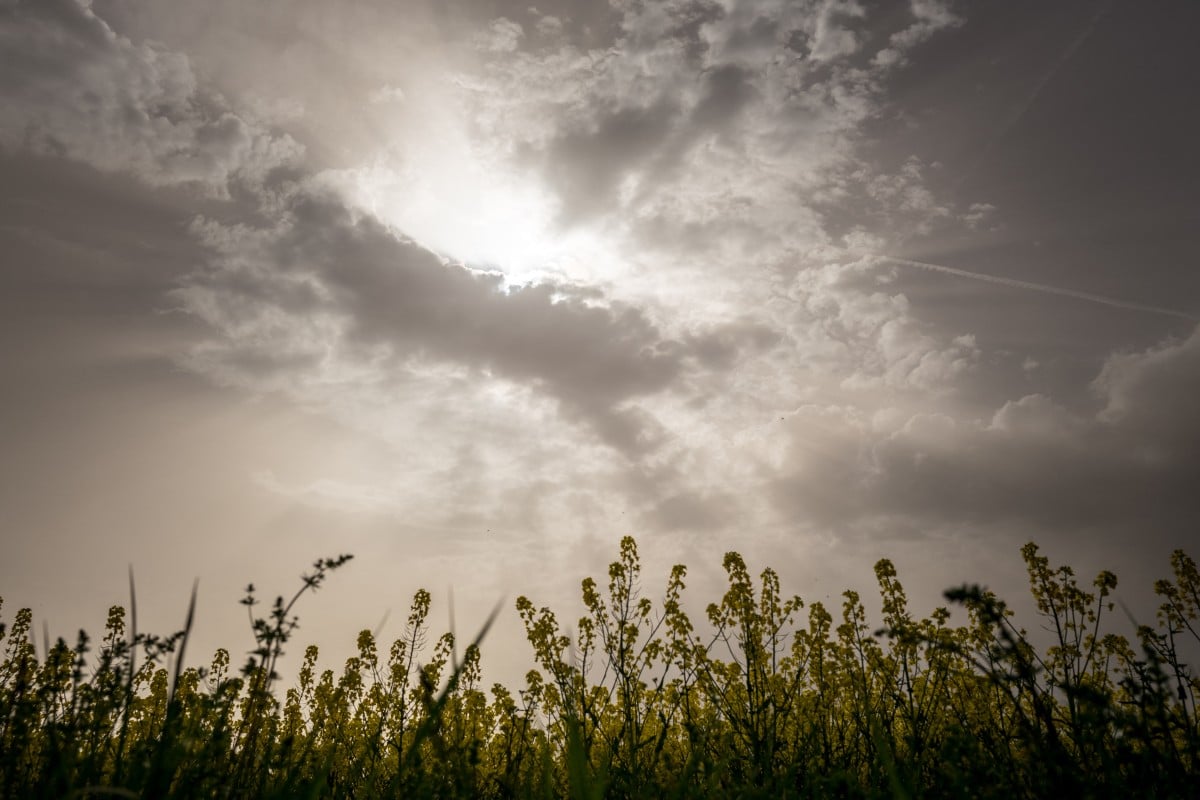The landslide occurred shortly before 2pm at Flammatt, blocking the passage of the Intercity train travelling from Saint Gallen to Geneva, the ATS news agency reported.
The train’s passengers were evacuated from the train between 4.30pm and 5pm and transferred to buses, an SBB spokesman told ATS.
The landslide, following heavy rain, disrupted traffic on other trains between Geneva and Saint Gallen and between Geneva and Lucerne.
Buses were pressed into commission to transport passengers between Bern and Fribourg.
An alternate route between Lausanne and Bern via Yverdon-les-Bains remains cut following the April 25th derailment in the municipality of Daillens (in the canton of Vaud) of a freight train carrying hazardous goods.
An environmental cleanup was required after several rail cars carrying acid and other chemicals overturned, while the tracks and signalling equipment was damaged.
SBB said it expects one set of tracks will open for trains on Monday but warned that a return to normal on the Lausanne-Yverdon route would take several days.
Passengers taking the TGV from Lausanne to Paris will continue to travel via Geneva until further notice.




 Please whitelist us to continue reading.
Please whitelist us to continue reading.
Member comments